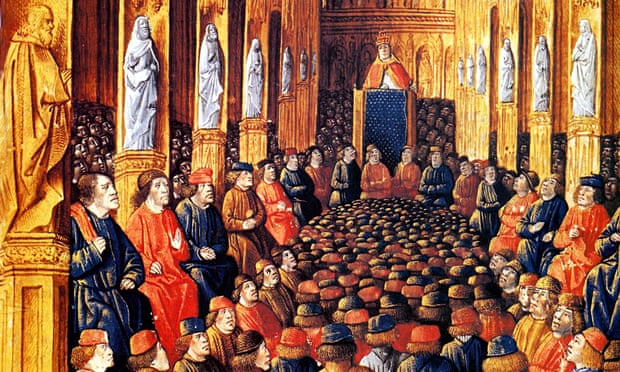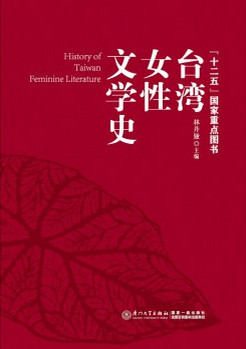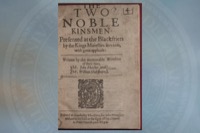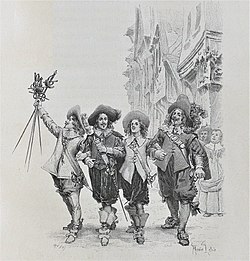David Wootton offers a kind of justification for his lengthy chronicle of the scientific revolution of the 16th and 17th centuries. “We still live with the consequences,” he writes in “The Invention of Science.’’ The “scientific way of thinking has become so much part of our culture that it has now become difficult to think our way back into a world where people did not speak of facts, hypotheses and theories, where knowledge was not grounded in evidence, where nature did not have laws.”
Wootton fears that we don”t quite appreciate what an intellectual leap forward the revolution was, and he proves himself a worthy tutor. The University of York history professor is a dazzling explicator of difficult ideas whose relish for his material is evident on nearly every page. He writes well not only about key figures like Isaac Newton, Nicolaus Copernicus, Tycho Brahe, Galileo, Francis Bacon, and Robert Boyle, but also dozens of lesser known scientific minds — Italian German, English, French — from the era.






















